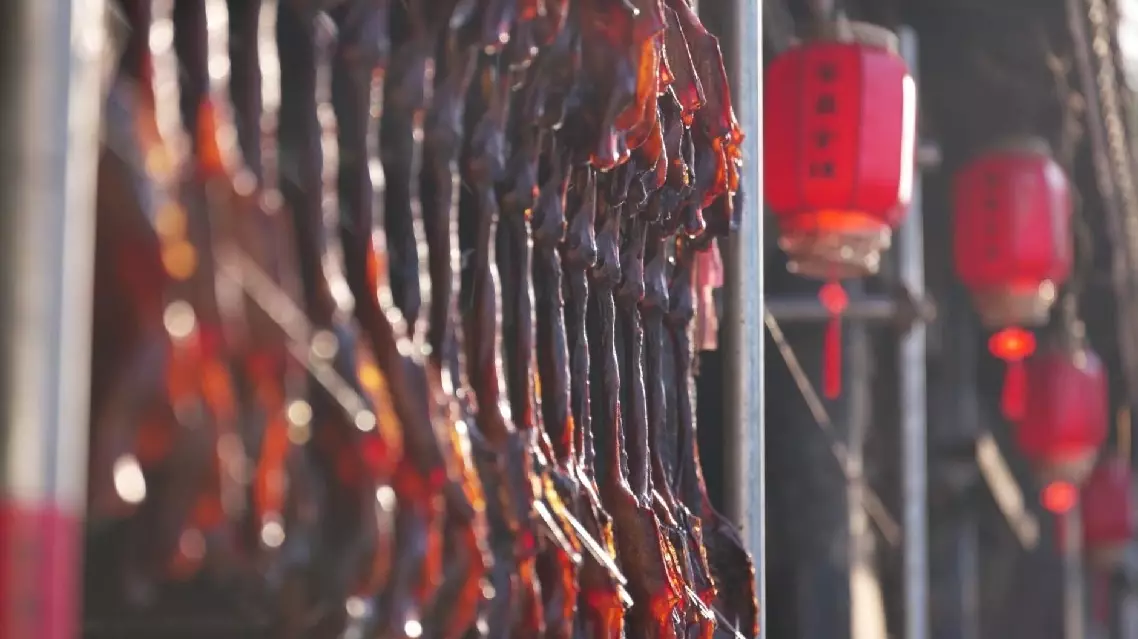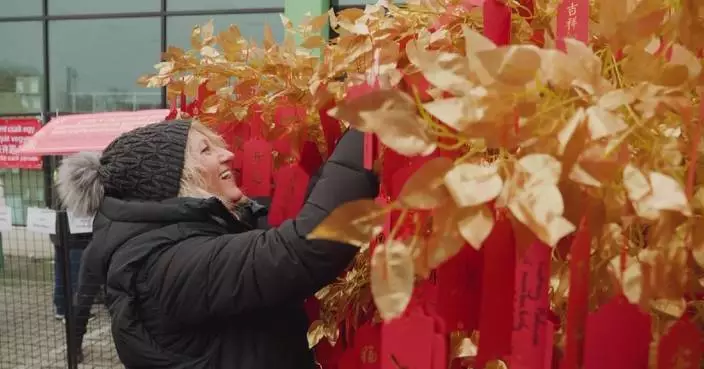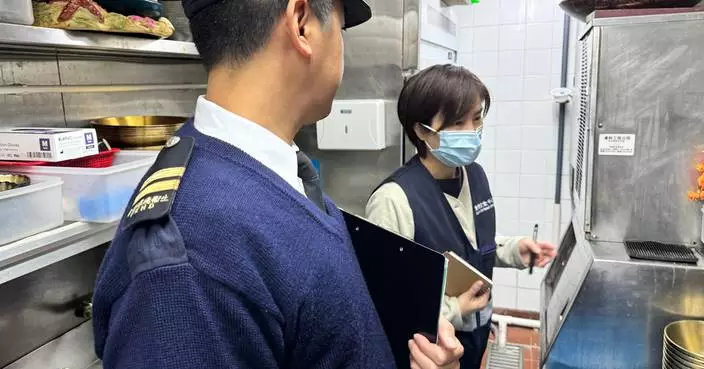Hideo Shimizu, a former member of Unit 731, the notorious Japanese germ-warfare detachment during World War II, recalled the terrifying experience he had during the Japanese invasion of China and expressed his deep apology.
Shimizu arrived by plane in the city of Harbin, northeast China's Heilongjiang Province, on Monday evening. He then visited the Exhibition Hall of Evidences of Crime Committed by Unit 731 of the Japanese Imperial Army and the former site of Unit 731 on Tuesday.
Shimizu was among the last batch of Unit 731 Youth Corps members sent by Japan to Harbin, where he spent more than four months witnessing the war crimes committed by the unit, including the cultivation of pathogens, human dissections and human experiments.
At a press conference in Harbin, he recalled the first time he ever laid eyes on human body specimen.
"I remember when I was taken to visit the specimen room by a senior officer, he told me that, 'you have to at least dissect three bodies before becoming a surgeon'. In the specimen room, I saw specimens of various human body parts soaked in bottles containing formalin. I was told that these were specimens of 'maruta' (living people who had been captured by the Japanese army for experiments), who had been made into these specimens after being subjected to human experiments. That night, I had a nightmare which steeped myself in sweat," Shimizu noted.
Unit 731 was a top-secret biological and chemical warfare research base established in Harbin as the nerve center for Japanese biological warfare in China and Southeast Asia during World War II.
More than 300,000 people in China were killed by Japan's biological weapons.
At least 3,000 people were used in human experiments by Unit 731, which included junior members of the Unit like Shimizu.
Shimizu also referenced to a book called "Devil's Gluttony" which is written by renowned Japanese author and novelist Seiichi Morimura. The book, which exposes the horrific crimes committed by Unit 731, took the author Morimura many years of research, including interviews of former members of Unit 731 and on-site verification of the atrocities in China.
"In Seiichi Morimura's book Devil's Gluttony, he wrote that [senior members of the Unit 731] injected pathogenic bacteria into bean-paste buns and let junior members to eat them, then observed the affects. I think what he wrote was quite possible. When I returned to Japan, I realized that I was subjected to human experimentation. When I was in the unit, there was one time that a senior researcher offered me a steamed cake. After eating it, I had a fever with my body temperature reaching 42 degrees Celsius. I suffered for about one week. During that time, I received no special treatment. I was just allowed to lay on my bed, and got my temperature and pulse checked once a day by military medic. A week later, they finally gave me injections to bring down the fever. At that time, they told me not to mention anything about the injections if I went to clinics later," Shimizu said.
He fled China with the retreating Japanese forces on Aug. 14, 1945. After returning to Japan, he was asked to conceal his service in Unit 731 and not allowed to work for the government.
Hiding his experience in Unit 731 for years, he finally decided to speak out the evil crimes done by the germ-warfare detachment via public speech and interviews a decade ago, letting more and more people know about the dark history.
"At the end, I would like to express my thoughts once again. I still cannot contain my deep remorse for joining the Unit 731 of germ-warfare detachment and being an accomplice to aggression and criminal acts. Again, I offer my sincere apology," said Shimizu.

Former Unit 731 member visits Harbin,expresses deep remorse and apology for wartime atrocities

Former Unit 731 member visits Harbin,expresses deep remorse and apology for wartime atrocities



















































